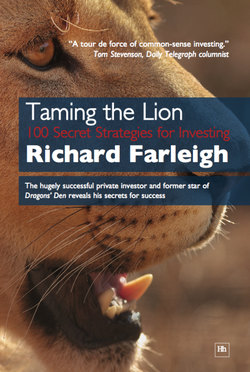Читать книгу Taming the Lion - Richard Farleigh - Страница 16
На сайте Литреса книга снята с продажи.
1.3 Market opportunities are disappearing
ОглавлениеWhen I entered the world of finance in the mid 1980s I was fortunate enough to join the right investment bank: Bankers Trust Australia. With a reputation as the highest paying employer in Australia, it was the place to work. The people were very creative and motivated, and it operated as a genuine meritocracy with little bureaucracy or politics. At one stage, in terms of percentage return on capital, it was rated as one of the most profitable banks in the world.
I was put to work in the trading room, which I found amazing. I was a bee in a beehive – all around me there was activity. There were about a hundred of us in the room, with lots of screens and telephones and paper everywhere. There were all types of people, and most of them were very engaging and friendly. Everywhere, the mood was generally upbeat and there was a lot of joking around.
The room was divided into a number of different departments: foreign exchange, bonds, money market, options, and the area I joined, cross-markets. With a mix of clever people and abundant market opportunities, all of the departments were humming along making money.
It was a time when the winds of change were howling through the markets. By aiding their design, personal computers were allowing financial products to become far more sophisticated - the abacus and slide rule could be thrown in the bin! Improved communications such as mobile phones were making it easier to keep track of what was going on around the world.
On top of this, governments were encouraging greater competition in the financial sector. The lazy old-fashioned banker, who enjoyed boozy lunches and golf days, no longer found life so easy. Suddenly there was pressure to offer competitive prices and to be more innovative.
